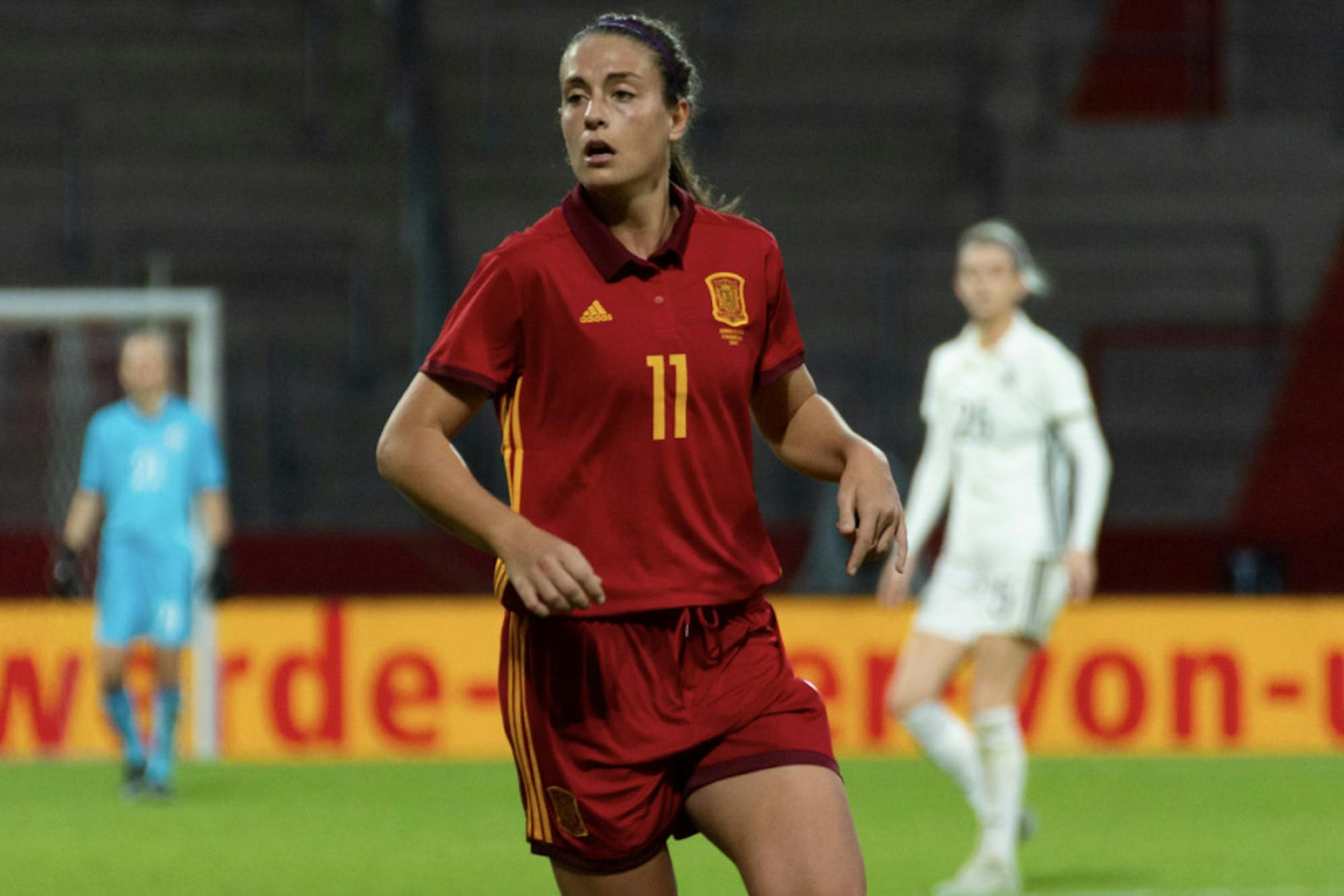While the debate for the 2021 men’s Ballon d’Or had fans around the world split between Robert Lewandowski and Lionel Messi, the women’s award grabbed fewer headlines, despite having a clear winner. For years, the glamour and glory of the beautiful game have been dominated by male athletes, from the academy systems at elite clubs all the way to the podium of the FIFA World Cup. The sad reality is that a wunderkind making his debut for twenty minutes is likely to gain more popularity than a female legend who has won everything there is to win. To shine as a female player appears an elusive dream for many, but for Alexia Putellas it was a dream destined to become reality.
Born in Mollet del Vallès, a northern suburb 25 kilometers outside of Barcelona, Alexia discovered an obsession for football. From playing with young boys in the streets to accompanying her father for matches at the iconic Camp Nou, Putellas’ love for the game grew as she joined local club Sabadell at the age of seven. Four years later, Putellas took the first big step in her career by joining La Masia, FC Barcelona’s youth academy. Unfortunately, due to changes in club policies shortly after her arrival, Putellas was left without a team and joined local rivals Espanyol where she would spend five years, making her first team debut as a 16 year old. Her performances marked her as one of Spain’s brightest young talents.
In 2010, Putellas represented Spain at the UEFA U17 European Championships where La Roja breezed through the group and knockout phases, edging Ireland in a tense penalty shootout in the final. The same year, she featured at the U17 World Cup, winning bronze, and signed for Levante the following season. With 15 goals in 34 appearances, Putellas finished as the club’s top scorer. Her growing success, however, took a heavy blow with the loss of her father in 2012. Upon hearing the news, and as an admirer of Putellas’ talent, her previous youth coach offered her a transfer and she re-signed for Barcelona Femení, where she currently plays.
The next 10 years would see Putellas enjoy domestic success at the club level but suffer disappointments with the national team. In 2015, after a lackluster campaign at the World Cup in Canada, Putellas and her teammates demanded the resignation of veteran head coach Ignacio Quereda. Putellas felt that the team was not well prepared and that this generation had greater potential. In 2019, with visible improvements in playing style, Spain qualified for the round of 16 but was defeated by the United States, whose team went on to win the World Cup.
At Barcelona, Putellas has registered 117 goals in 271 appearances, having won La Primera División five times as she comes off a treble-winning season, a feat achieved by very few clubs in history, either male or female. Barcelona currently sits at the top of the league and is averaging close to six goals per game, outscoring the next three teams put together! In November, Barcelona humiliated Sevilla 10–1, a glimpse into the team’s attacking prowess, and is widely regarded as the most dominant team in the world. Earlier this week, Putellas grabbed a 90+1-minute winner against Real Madrid during the final of the Supercopa de España Femenina. The two sides will meet again in March, with a record-breaking expected attendance of 80,000.
As a player, Putellas is a left-footed playmaker who has played out wide and in midfield throughout her career, renowned for her intricate passes and match-winning assists. Antonio Contreras, her coach at Levante, recalls forcing Putellas to learn to play without the ball and value off-ball movement. He likens her style to a combination of Sergio Busquets and Xavi, emphasizing the importance of ball recovery and positioning.
It’s clear that Alexia Putellas has come a long way from bus rides with her father to the Camp Nou as a little girl to becoming the first woman to score in that very stadium and all the way to defeating Chelsea 4–0 in the 2021 Champions League Final. Still only 27, Putellas believes she has a responsibility to carry the beacon of women’s football into the future and hopes that her story inspires young women around the world to dare to dream.






